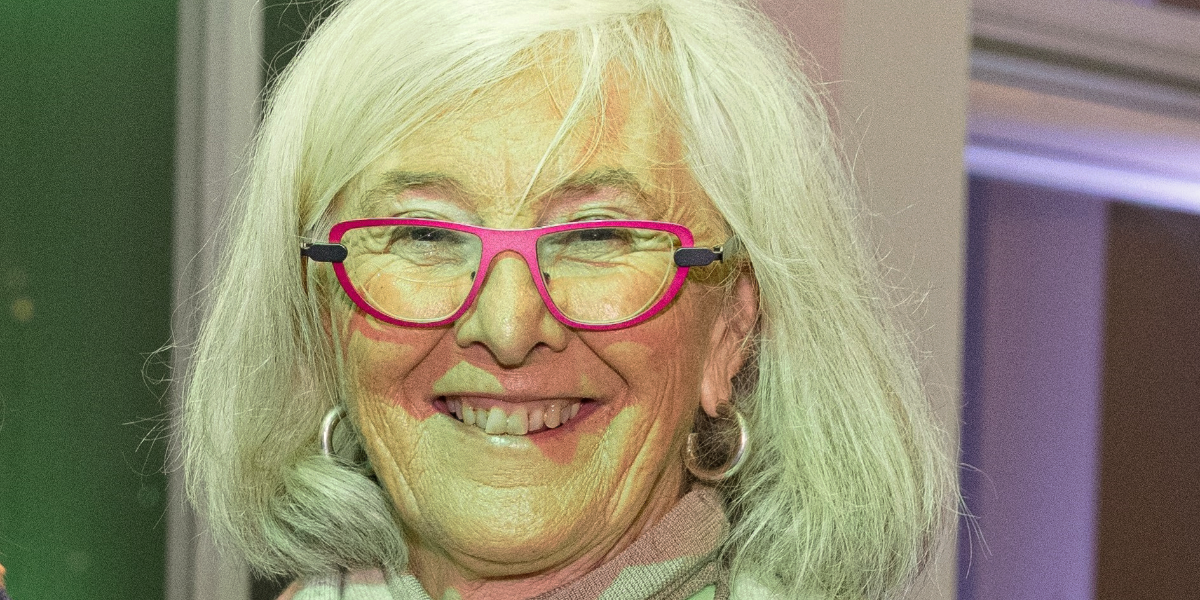A doctor or nurse practitioner who lives and works in rural and remote Australia will have their university fee debt wiped under new legislation, but NSW Farmers says that’s no silver bullet, and an overhaul of rural health is needed.
Federal legislation passed last week ensured that doctors and nurse practitioners who choose to live and work in the places that need them the most will have their HELP debt wiped or reduced, depending on the length of their course of study, and the amount of outstanding HELP debt when they commence providing eligible services in an eligible location.
NSW Farmers health spokesperson Sarah Thompson said plans to get doctors into the bush by wiping HELP debts were ‘promising’, but would not be a silver bullet.
“One of the big issues facing rural and remote communities is access to health professionals, and we need to move to a place-based solution,” Mrs Thompson said.
“This is not just about doctors and nurses, this is about getting unity between state and federal governments, universities and health providers to ensure we have the skills and capacity to meet patient needs.
“We recognise the incredible contribution of those already working to provide health services in rural and remote areas, we simply do not have enough of them!”
The Government expects the new legislation will attract about 850 doctors and nurse practitioners every year to rural practice. While the amount of benefit will vary, some doctors who live and work in rural and remote parts of Australia could save on average $70,000 and a nurse practitioner could save up to $20,000.
It means that a doctor or nurse practitioner who lives and works in:
- A remote or very remote town for a time period of half the length of their course would have their entire HELP debt wiped.
- A large, medium or small rural town for a time period equal to the whole length of their course would have their entire HELP debt wiped.
- An eligible place for a period of time equivalent to half the time required is eligible to half the applicable debt reduction.
For nurse practitioners, the legislation will go towards covering the cost of a Master’s Degree.
Education Minister Jason Clare said the legislation will help attract much-needed health professionals to the areas that need them most.
“Zero HELP debt is a great incentive for young graduates to live and work and build their careers in rural and remote communities.”
By Mrs Thompson said the focus should be on training locals, and it’s about more than doctors and nurses.
“Rather than just trying to attract people to rural areas, as the federal government’s HELP plan does, we must encourage more locals to train as health professionals, as they are shown to be more likely to live and work in their home communities,” Mrs Thompson said.
“Giving doctors with HELP debts this incentive may help them consider a rural or remote area, but if there is no local training option, or no house for them to live in, or no connection to the community, they may not even consider it.
“It’s not just about doctors and nurses either – we must also have complementary and allied health services as well as investment in regional liveability,” She said.
Top image: Sarah Thompson from NSW Farmers
Have something to say about this story? Submit your own opinion piece, or quick word, to The Net.

